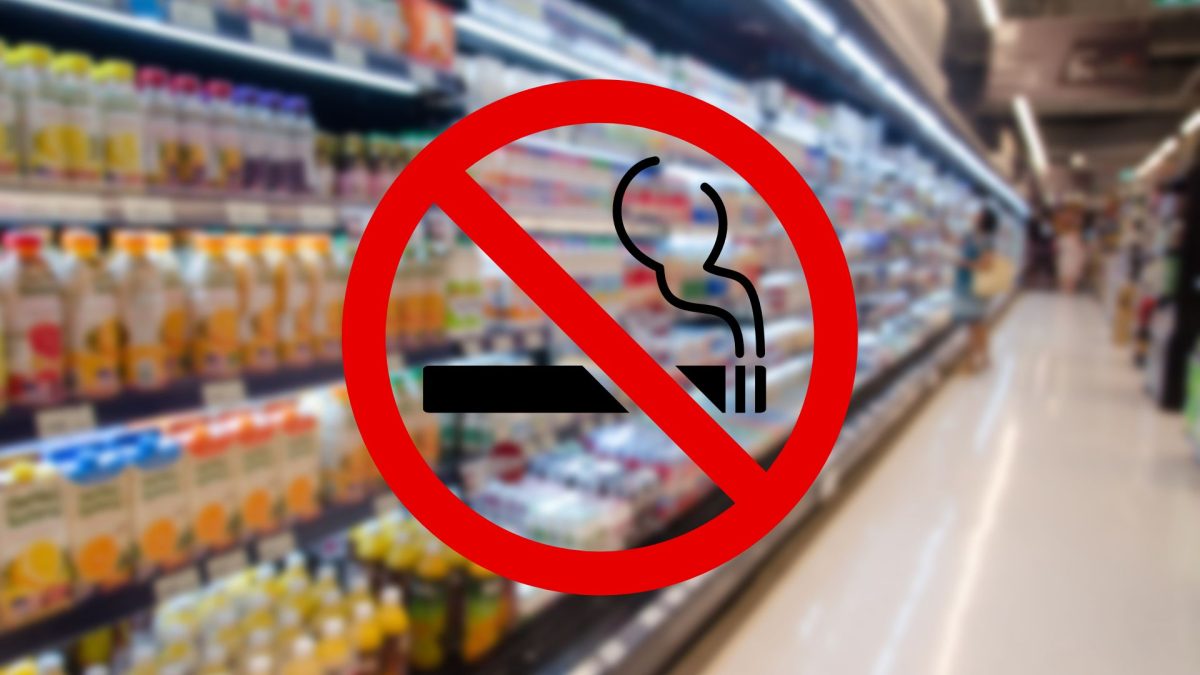A new state law banned the sale of non-Food and Drug Administration (FDA) approved vape products in the state of Kentucky.
House Bill 11, which was passed by the state legislature in April 2024, aims to reduce underage vaping and protect consumer health by banning the sale of non-FDA approved vape products. This ban includes all flavored vape products currently on the market, which will no longer be available for sale.
Despite the popularity of vaping and flavored e-cigarettes, the FDA has only approved 23 e-cigarette products as safe for the market and no flavored products are included except for menthol and tobacco flavors.
Under the new law, businesses will also be required to disclose if they sell tobacco products when filling out paperwork for the Secretary of State. A list of the businesses that do will be sent to the Kentucky Department of Alcoholic Beverage Control, which oversees tobacco and vape sales. The law also includes new fines for businesses caught selling vape products to underage individuals.
According to a report by Forbes, Kentucky was ranked second in the country for rates of adult e-cigarette use, right behind Tennessee. According to the same study, 90% of youth who vape use flavored e-cigarettes.
Rep. Rebecca Raymer, who was the lead sponsor of HB11, said she was responding to the state’s “vaping epidemic” and the high levels of vape use among high school students.
“The measure balances a Kentucky consumer’s access to FDA-authorized products and our obligation to keep vapes and other e-cigs with dangerous ingredients off our shelves and away from our children,” Raymer said in a statement after the bill’s passage.
Critics of the bill, including state Rep. Savannah Maddox, have said these restrictions would seriously hurt Kentucky businesses whose stock would no longer be suited for sale. The bill was also supported by Altria, a tobacco company and parent company of one of the only three manufacturers approved by the FDA for e-cigarette sales. Altria spent $70,000 in lobbying proceeding the bill’s passage.
Addison Martin, senior exercise science major and an employee of Vape City in Murray, said she has seen how the new law affects both consumers and the business she works at. Martin said she believes the new law protects public health, and she does not personally condone vaping. Martin said customers now come in unsure of what products they can still buy. Martin said she is unclear what is happening on the business and management end, but knows Vape City management has become more cautious with what products they order and are still trying to adapt to the new law.
“I can just tell that customers are hesitant to come in because a lot of people come in here looking for vapes, and they come in and they’re like, ‘are you guys still selling those? What’s going on with those?’” Martin said.
Thomas Puckett, freshman computer science major, said the new law may benefit businesses as they ensure they only sell customers safe products, which is good for their reputation.
“It gives them higher quality products, so it probably increases their reputation because you get sold a bad product from a place, you’re probably not going to go back there to buy anything,” Puckett said.
Puckett also said he supported the decision to only make FDA-approved products available for purchase, despite the FDA’s history of approving products which are later proven bad for your health.
“The FDA does approve some not-so-good things. They just recently banned red-3 30 years after it was linked to cancer,” Puckett said. “So it takes them a bit sometime, but it’s definitely better than having unregulated products out there.”
Dustin Cummins, freshman psychology major, said it was best that non-FDA approved products be kept off the market, considering how other things are kept to that standard as well. He said vape shops and other businesses may struggle for a while but will eventually bounce back.
“If you’re into vapes and you’re into trying all the different stuff, then, sorry your favorite flavor got taken off the shelf, but you don’t know if it was good for you or not,” Cummins said. “Find a new favorite flavor.”
Adriane Couch, freshman history major, said she believes vaping is very harmful for the individual and it should not be possible to sell chemical products that haven’t been approved by a government agency in charge of protecting public health.
“I think it’s unfortunate that it’s so much wasted material and so much plastic and so many things just being thrown out,” Couch said. “But I think that when you’re in a line of work where you sell potentially risky things, it’s just something you have to deal with.”
Landon Strassheim, sophomore architecture and construction management major, said he believes vaping is dangerous. He said the ban might help some people quit as the products become harder to find, but many people will just look elsewhere to the products they feel they need.
“I’ve a sinking feeling that even though they ban it, people are still going to get it if they need it and want it,” Strassheim said. “They think they need it. But I’m in support of banning things that are not good for your health.”



























































































